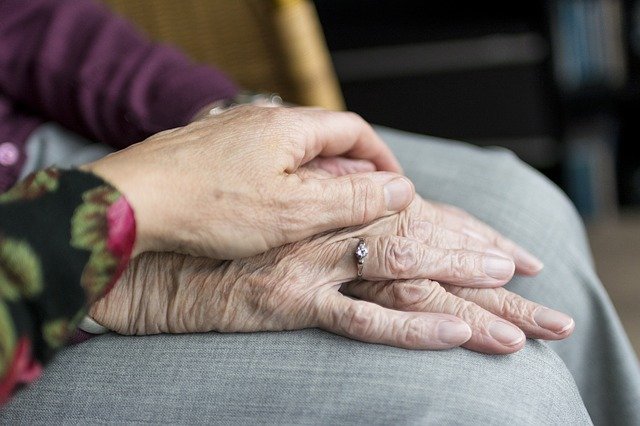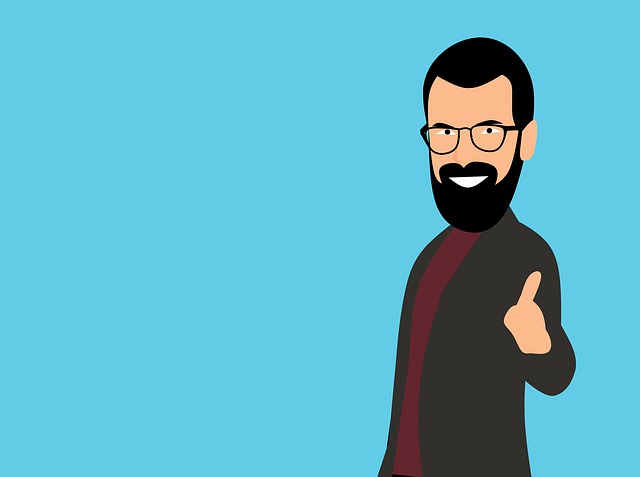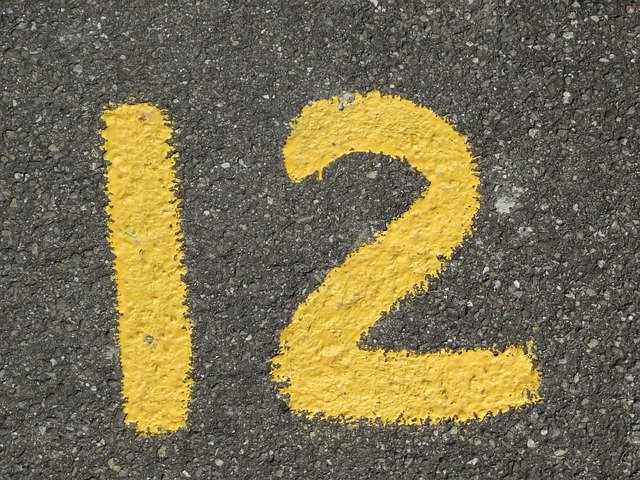by Nathan Chua
The title of this post is not an original, at least the part that counts most. Many times in my graduate studies, I had wondered what, bottomline, counseling was about. I mean, what is it basically that we are trying to accomplish? At some point in my graduate studies, I thought it was forgiveness. It turns out that I will find an answer to this in my readings of Kevin Polk and his co-authors. It’s about helping clients to become more aware, to act courageously, and to do so lovingly.
Let’s take them one at a time.
Awareness:
Much of what we regret doing stems from acting in ways that are automatic. How often have we seen people commit homicides in this country, only to see them realize that they had lost control over their actions for a split second? There was even a case of a police officer who had a sterling record of service, who now has an indelible audiovisual account of him shooting a hapless middle-aged woman dead. His promising career that took him years to build was upended by a brief moment of rage.
Awareness is a word that I often heard around the graduate classes I attended. In ACT or Acceptance and Commitment Therapy, the word that is more often used to describe awareness is noticing. For me, the gerund form makes it an active pursuit that we can do from moment to moment. If we learn to practice noticing, then there’s a chance for a split second that the police officer I earlier mentioned would be able to choose more effective actions in that moment of rage. It could have averted the loss of two lives. One ended by a shot in the head, while the other was left to languish in prison.
Courage:
One thing ACT has taught me is that noticing is not just noticing or being aware of the difficult thoughts and feelings that we have. It also involves noticing the rest of us. By that I mean, we also notice other facets of the context that can move us in the direction of what is important to us in each moment. Being a complete human being with all its history and complexity involves noticing that part of us that can move towards important ends.
Over involvement in avoiding and controlling difficult inner experiences can lead us to tiring out of life and learning hopelessness is just around the corner anytime. The peculiar thing about us is that we are capable of doing things that we don’t normally expect from ourselves when the stakes are high enough to respond in ways that go beyond our own urges to be self-protective. We seem to be capable of running towards difficult inner experiences rather than run away when it matters. That shy, unassuming classmate of yours can all of a sudden show up in the news being called a hero for saving a complete stranger from a burning car. As Dr. Steven Hayes, the instigator of ACT, loves to say, “That’s just the kind of monkey we are.” So we are capable of doing courageous, selfless acts. It’s just built in. It can resurface in our consciousness if we become more noticing.
Love:
And as we do those courageous acts, we are also capable of seeing the world from other people’s perspectives. We are capable of empathy and acts of kindness in the face of challenging circumstances. You, my readers, do it every day! We can do inconvenient acts for the sake of someone we care for. We come to the side of those who mourn. We help out without anyone knowing. We care for our kids even if it means sacrificing our own convenience.
That in a nutshell can sum up what we do in counseling. Making us the whole human beings that we were meant to be based on how we were wired. It’s not easy being human because we have a very handy tool that can also cause us much suffering. The mind is there to do its job. Objectively noticing that it is neither a boss nor an enemy makes a big difference. We just need to learn to notice it doing its thing, face our fears and do things that matter anyway, and then do it with love and care for ourselves and others as well. In other words, we are all capable of awareness, courage, and love, but sometimes we are not aware, or aware that we are not aware sometimes. And this my friends, takes practice!
Have a more noticing new year to come and thank you for coming to this place for the past 2021.
Listen to this post on Spotify! Click here!









